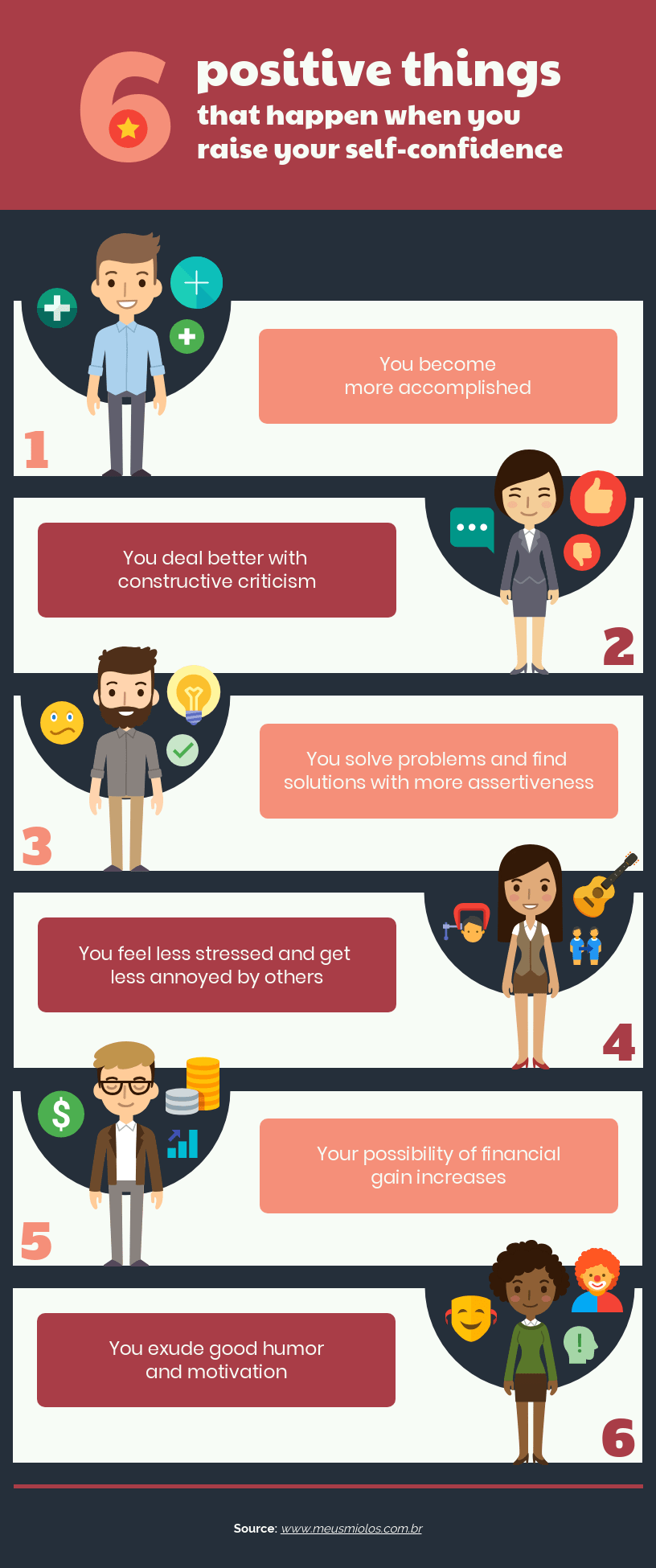Being Kind to Your Mind: It's Okay to Not Be Okay
- Kelly Hendrick
- Nov 1, 2023
- 3 min read
Updated: Apr 30, 2024

One of the most profound lines I’ve ever come across came was from the cheesy sci-fi show Doctor Who: “Always try to be nice, but never fail to be kind.” By all rights, a show about an alien traveling through time and space while fighting monsters from a police box shouldn’t be so profound, but alas.
I try hard to be nice, especially to people who aren’t very nice to me—because those are probably the people who need niceness the most. I don’t always succeed, but I still try. (My younger sister, who has spent three decades being bossed around by me, might disagree.) But there is one person I can never quite manage to be nice to: me.
Lose the Stigma
Mental health is an icky topic, though the stigma seems to fade with each passing year. Thankfully, when I was diagnosed with bipolar in 2004, I was surrounded by two parents and two siblings who understood that mental health shouldn’t be a taboo topic. It’s part of life. My family has always openly discussed mental health, and therapy has played a significant part of my life since I was a child. There’s still no official consensus on what “causes” bipolar, though it’s widely accepted that it involves an interplay between genetics and environment. I know this; I know there’s science behind how the chemicals in my brain work, but it doesn’t stop me from being mean.
Stop Criticizing
And this is definitely not a “me” problem. The ease with which we self-criticize and our struggles with self-compassion are pervasive. It’s also based in science: self-criticism is correlated to depression, as well as anxiety, personality, and eating disorders (Werner et al., 2019). Self-reflection is important in order to understand our weaknesses and to learn how to grow from our mistakes, so it’s important to reframe how we see (and treat) ourselves.

So it’s time to be kind to ourselves. We don’t have to be perfect. We don’t have to be “as good as.” We don’t even need to be okay. It’s okay to be not okay.
Show Some Compassion
Studies have found that a higher level of self-compassion is linked to quality of life (including health behaviors like exercising, willingness to seek treatment, and interpersonal relationships), but even short-term self-compassion exercises can help with stress levels, emotion regulation, and social engagement with others (Kirshner et al., 2019). We’re happier when we’re nice to ourselves, and we’re also healthier.

Now that we’re heading into the winter months, which means darkness, gray skies, and the unenviable Lake-effect snow here in Northeast Ohio, self-care is even more important. Maybe we follow a self-compassion calendar for the month. Perhaps we practice self-compassion exercises. Or maybe we lie on the couch in our PJs, binge-watching Ted Lasso, basking in its perpetual optimism and life lessons.
In the paraphrased words of the oh-so-profound Doctor: “You’re fantastic. And you know what? So am I.”
References:
Kirschner, H., Kuyken, W., Wright, K., Roberts, H., Brejcha, C., & Karl, A. (2019). Soothing Your Heart and Feeling Connected: A New Experimental Paradigm to Study the Benefits of Self-Compassion. CLINICAL PSYCHOLOGICAL SCIENCE, 7(3), 545–565. https://doi-org.ezproxy.snhu.edu/10.1177/2167702618812438
Werner, A. M., Tibubos, A. N., Rohrmann, S., & Reiss, N. (2019). The clinical trait self-criticism and its relation to psychopathology: A systematic review - Update. JOURNAL OF AFFECTIVE DISORDERS, 246, 530–547. https://doi-org.ezproxy.snhu.edu/10.1016/j.jad.2018.12.069



Comentários